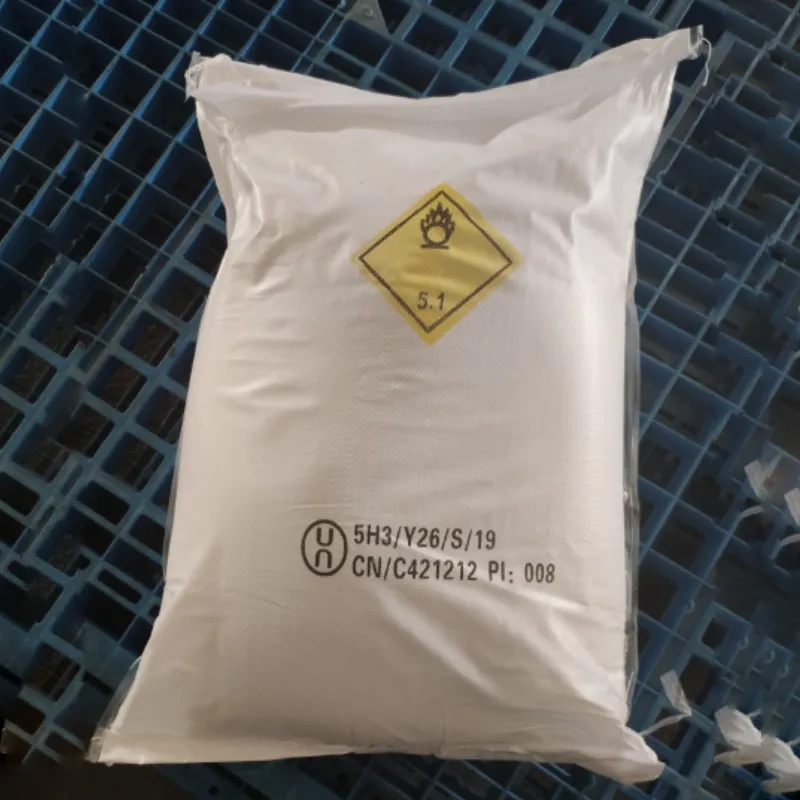
Understanding E211 Preservative and Its Impact on Food Safety and Quality
Understanding E211 Preservative Uses, Safety, and Controversies
E211, commonly known as sodium benzoate, is a widely used preservative in the food and beverage industry. Its primary function is to inhibit the growth of mold, yeast, and some bacteria, which ultimately extends the shelf life of various products. This article aims to explore the uses, safety considerations, and the controversies surrounding sodium benzoate.
What is Sodium Benzoate?
Sodium benzoate is the sodium salt of benzoic acid. It occurs naturally in small quantities in some fruits, such as cranberries, prunes, and cinnamon. However, in commercial applications, sodium benzoate is synthesized and often used in conjunction with other preservatives to enhance its effectiveness. The compound is particularly effective in acidic environments, making it a popular choice for carbonated beverages, fruit juices, jams, and condiments.
Uses of E211
The primary application of E211 is in the food and beverage sector, where it helps prevent spoilage and maintain product quality. Beyond its role as a preservative, sodium benzoate also contributes to flavor enhancement and stabilization in certain products. Its effectiveness depends on the pH of the food; it works best at a pH of 7 or lower. Hence, it is often found in products like soda, pickles, and salad dressings.
Apart from food applications, sodium benzoate is used in cosmetics and personal care products such as shampoos, lotions, and deodorants, where it also serves as a preservative. In the pharmaceutical industry, it can be found in certain medications, where it aids in prolonging shelf life and ensuring safety.
Safety and Regulatory Status
e211 preservative

Sodium benzoate is recognized as safe by several health authorities, including the U.S. Food and Drug Administration (FDA) and the European Food Safety Authority (EFSA). Studies have shown that when consumed in moderation, sodium benzoate poses a low risk for most individuals. The acceptable daily intake established by the World Health Organization (WHO) is relatively high, suggesting that sodium benzoate is safe for human consumption at recommended levels.
However, concerns arise when sodium benzoate is combined with certain other substances, particularly ascorbic acid (vitamin C). Under specific conditions, this combination can lead to the formation of benzene, a known carcinogen. Although the levels of benzene produced in food products are typically well below harmful thresholds, this potential risk has sparked debate and scrutiny over sodium benzoate's overall safety.
Controversies Surrounding Sodium Benzoate
Despite its safety status, sodium benzoate has faced criticism from health advocates and consumer groups. Concerns have been raised about its potential to cause allergic reactions in some individuals and its implications for children, with some studies suggesting links to hyperactivity and behavioral issues. However, the evidence remains inconclusive, and further research is needed to understand the long-term effects and individual sensitivities fully.
Moreover, the increasing demand for natural and clean-label products has led to a rise in consumer skepticism towards synthetic preservatives, including E211. Many health-conscious consumers seek alternatives that do not involve artificial additives, prompting some manufacturers to reformulate their products using natural preservatives inspired by a growing trend towards transparency and sustainability.
Conclusion
E211, or sodium benzoate, is a prevalent food preservative that plays a crucial role in maintaining the safety and quality of a wide array of products. While it has been deemed safe for consumption by regulatory bodies, ongoing debates about its health implications and the rise of consumer preference for natural ingredients continue to challenge its position in the food industry. As awareness grows, both consumers and manufacturers will likely navigate these complexities as they seek safer and more wholesome product options. Understanding preservatives like E211 is key to making informed choices about the foods we consume.
-
Why Glacial Acetic Acid Food Grade Is Essential in FlavorNewsMay.26,2025
-
Surging Export Growth of Food Additives in ChinaNewsMay.26,2025
-
How Ammonium Nitrate Fertilizer Boosts Crop YieldsNewsMay.26,2025
-
How 1,2,3-Benzotriazole Shields Plastics from UV DegradationNewsMay.26,2025
-
Cyanide in Gold Mining: Protecting People and the PlanetNewsMay.26,2025
-
Aluminum Hydroxide in Modern Sunscreen FormulationsNewsMay.26,2025
-
Understanding Synthetic Rubber OptionsNewsApr.27,2025
Hebei Tenger Chemical Technology Co., Ltd. focuses on the chemical industry and is committed to the export service of chemical raw materials.
-

view more DiethanolisopropanolamineIn the ever-growing field of chemical solutions, diethanolisopropanolamine (DEIPA) stands out as a versatile and important compound. Due to its unique chemical structure and properties, DEIPA is of interest to various industries including construction, personal care, and agriculture. -

view more TriisopropanolamineTriisopropanolamine (TIPA) alkanol amine substance, is a kind of alcohol amine compound with amino and alcohol hydroxyl, and because of its molecules contains both amino and hydroxyl. -

view more Tetramethyl Thiuram DisulfideTetramethyl thiuram disulfide, also known as TMTD, is a white to light-yellow powder with a distinct sulfur-like odor. It is soluble in organic solvents such as benzene, acetone, and ethyl acetate, making it highly versatile for use in different formulations. TMTD is known for its excellent vulcanization acceleration properties, which makes it a key ingredient in the production of rubber products. Additionally, it acts as an effective fungicide and bactericide, making it valuable in agricultural applications. Its high purity and stability ensure consistent performance, making it a preferred choice for manufacturers across various industries.











